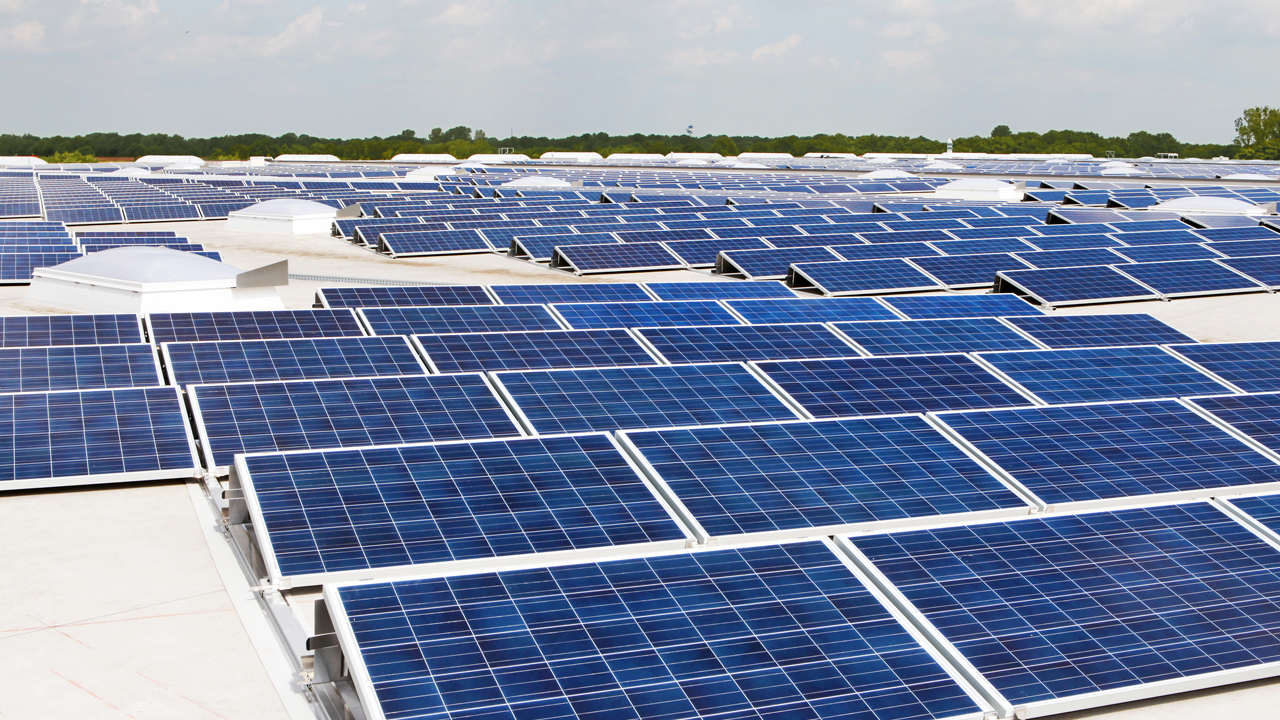ADB, partners support construction of solar photovoltaic plant in Kiribati
Kiribati Minister of Infrastructure and Sustainable Energy Willie Tokataake led the groundbreaking ceremony and ADB Senior Country Coordination Officer in Kiribati Teatao Tira represented the bank at the event.

- Country:
- Kiribati
The Asian Development Bank (ADB) joined the Government of Kiribati and other development partners in a groundbreaking ceremony today to officially mark the first step toward the construction of the largest solar photovoltaic plant in Kiribati.
Kiribati Minister of Infrastructure and Sustainable Energy Willie Tokataake led the groundbreaking ceremony and ADB Senior Country Coordination Officer in Kiribati Teatao Tira represented the bank at the event.
“This project highlights ADB’s push for cross-sector integrated solutions and new ways of working as the Asia Pacific region’s climate bank,” said Mr. Tira. “The event marks a giant leap in Kiribati’s transition into a resilient low-carbon economy.”
The new photovoltaic plant on the Bonriki water reserve totals 7.5 megawatts and will enable more than 9,000 homes on South Tarawa, the Kiribati capital, to enjoy the benefits of reliable, efficient, and affordable solar-generated electricity.
The groundbreaking is the latest milestone of ADB’s first energy sector project, the South Tarawa Renewable Energy Project. It is supported by ADB and cofinanced by the Government of New Zealand and the Strategic Climate Fund. Under ADB’s first cross-sector joint procurement, the project’s solar and battery energy storage system were procured along with the solar plant of ADB’s South Tarawa Water Supply Project cofinanced by the World Bank and the Green Climate Fund.
ADB’s contribution to the two projects totaling $21 million comes from the Asian Development Fund, which provides grants to ADB’s poorest and most vulnerable countries. It is replenished every 4 years by the ADF’s donor countries.
Other benefits of the project include climate-resilient technologies that are new to Kiribati, much-needed sector reforms and regulation, and project delivery through innovative approaches, to ensure technical, financial and climate sustainability.
- READ MORE ON:
- Kiribati
- Asian Development Bank
- solar photovoltaic plant










